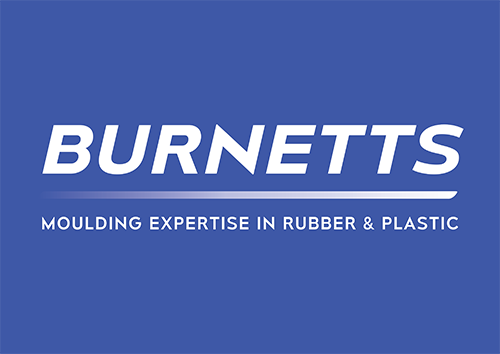Our expertise at Burnetts extends to the injection moulding of many engineering thermoplastics.
We are able to design and manufacture using engineering plastics, offering our clients improved performance as well as cost savings. By using injection moulding processing techniques, these are then readily transformed into multifunctional parts.
Typically, an engineering thermoplastic is selected for its range of enhanced physical properties, for example polycarbonate is highly impact resistant and polyamides are extremely resistant to abrasion.
We are the forefront of developing mouldings in recycled content materials both from industrial and post-consumer waste streams. Sustainability in the plastics sector is something we take very seriously. We continue to introduce new development materials and minimise material content to further reduce the impact of plastic products on the planet.
Designers in numerous industries are now looking for plastics that can replace the traditional engineering materials of wood or metal. Their main advantage is their inherent ‘formability’ – the ease of manufacture when compared with metal-working or fabrication.
Engineering thermoplastics have superior mechanical and thermal properties in a wide range of conditions when compared with more commonly used commodity plastics such as polystyrene (PS), polyvinyl chloride (PVC), polypropylene (PP) and polyethylene (PE).
Typical applications for commodity plastics are high production volume products such as ‘polythene’ bags (made from polyethylene), vacuum-formed food packaging (low density polyethylene), disposable drinking cups (high-impact polystyrene) and window frames/wire insulation (PVC)
Thermoplastics are now widely used in everyday products. Acrylonitrile butadiene styrene (ABS) is used to manufacture small domestic appliances, dashboard trim and Lego bricks, polycarbonate is used in motorcycle helmets, and polyamides (nylons) are used for power tool housings and under bonnet automotive parts such as radiator housings.
We have developed a unique process of over-moulding thermoset natural rubber onto Glass Filled (GF) Nylon 66, which is then insert-moulded into a GF polypropylene part.

